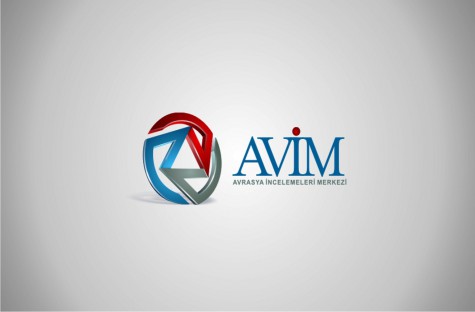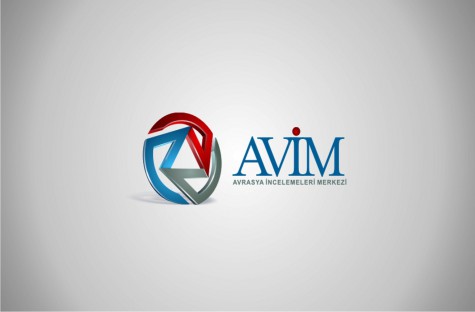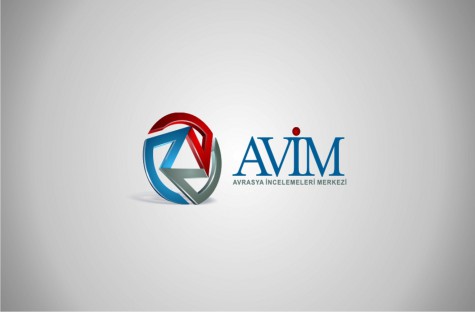
Since the Islamic Revolution in 1979, the US has been imposing strict sanctions to the Islamic Republic of Iran. The embargos were broadened in 2004 because of the nuclear program of Iran and its emergence as a nuclear power had been seen as a threat by the US and Israel.[1] On 14 July 2015 in Vienna, following the negotiations that lasted about 20 months, Iran and six world powers (USA, England, France, China, Russia and Germany) reached an agreement namely “Joint Comprehensive Plan of Action”[2].
The content of the agreement concerning Iran is the following; Iran will cut off uranium enrichment levels and the UN’s nuclear watchdog and the International Atomic Energy Agency will check the centrifuges. Moreover, Iran will limit its research and development activities for the next eight years and in return the embargos will be removed.[3]
Some specialists use the word “achievement” to characterize this agreement, whereas others view this as a “mistake”. The President of the US and Iran share a positive approach to the deal. US President Barack Obama indicates that this deal is a barrier to Iran’s nuclear weapons production. According to him this deal blocks Iran’s pathway to a nuclear weapon because they will gain access to Iran’s whole nuclear supply chain.[4] The President of Iran Hassan Rouhani emphasizes that the deal is not perfect but it is necessary and is also good for the Iranian economy. For him, it is an achievement and that Iran will not be perceived as a threat any more in the region.[5] In addition to the above mentioned comments, the EU’s foreign policy Chief Federica Mogherini stated it as a hope for the world that the agreement fundamentally changes international relations.[6]
However, dissenting voices against the agreement have immediately emerged. In the US, the Republicans reacted negatively towards this agreement whereas the Democrats and the Secretary of the State, John Kerry had a more moderate approach. Republican House Speaker John Boehner of Ohio indicates that it is a dangerous deal and they will do everything to stop it. It seems like there will be no resistance by Democrats.[7]
On the other hand, in Iran, the Supreme Leader Ayatollah Ali Khamenei continues to make anti-American comments and refuses to accept an agreement with the U.S. government. Indeed, this domestic opposition is based on the rivalry between the Moderates and Radicals in Iran. Hassan Rouhani of Moderation and Development Party; takes political issues by comparing the current situation of the country and the previous one. For him, the lifting of the embargos is a solution towards the obstacles on the development of his country. Therefore, his approach is one that is more pragmatic than Khamenei.
The agreement faces criticism also from Saudi Arabia and Israel. Benjamin Netanyahu called the agreement “a bad mistake of historic proportions”. According to the Prime Minister, this deal will not only enable Iran to obtain nuclear weapons legitimately but will also allow it to use the advantages of new economic power-with billions of dollars channeled to the country- as a threat toward Israel and others, as well.[8] Indeed, Obama and Netanyahu have opposite views regarding the Iran nuclear agreement. Following President Obama’s statements Netanyahu mentioned that the world is a less safe place because of this accord. Furthermore, according to Netanyahu, Khamenei’s sayings reflect their hostile plans against Israel and others. Also Saudi King Salman, declared some doubts about the nuclear deal’s process on verification and “snap-back” mechanism for charging the sanctions in case of Iran’s violence. Iran is perceived as the main regional adversary by Saudi Arabia.[9]
While several leaders approached this deal adversely, German Chancellor Angela Merkel has approved it by indicating that it is an “important step”. Russia sees it as a progressive program in terms of economy.[10] British Prime Minister David Cameron indicates that this deal prevents Iran from developing a nuclear weapon and helps protect the world. United Nations Secretary General Ban Ki-Moon mentions that with the agreement, mutual understanding and cooperation on security in the Middle East can be provided.[11] China maintains a close relationship with Iran in terms of economic, trade and energy ties and has endorsed the deal by indicating that it provides the peaceful use of nuclear power.[12] French Foreign Minister Laurent Fabius has also approved the deal and has said that it is “sufficiently robust” for today and the next generation.[13]
Under the agreement with Iran, the UN arms embargo will remain in force for five years. Missile sanctions will not be lifted for another eight years. It can be seen that the effectiveness of the deal requires time and time will demonstrate whether the leaders are right or not.
[1] Al Jazeera (17 October 2012): Timeline: Sanctions on Iran. http://www.aljazeera.com/news/middleeast/2012/10/20121016132757857588.html
[3] Botelho, Greg (14 July 2015): Iran nuclear deal full of complex issues and moving parts. CNN Politics. http://edition.cnn.com/2015/07/14/politics/iran-nuclear-deal-highlights/
[4] The White House: The Historic Deal that will Prevent Iran from Acquiring a Nuclear Weapon. https://www.whitehouse.gov/issues/foreign-policy/iran-deal
[5] Reuters and AP (15 July 2015): Rouhani says nuclear deal “political victory” for Iran. AlJazeera. http://www.aljazeera.com/news/2015/07/rouhani-nuclear-deal-political-victory-iran-150715100849846.html
[6] Borger, Julian (14 July 2015): Iran nuclear deal: world powers reach historic agreement to lift sanctions. The Guardian. http://www.theguardian.com/world/2015/jul/14/iran-nuclear-programme-world-powers-historic-deal-lift-sanctions
[7] Peterson, Kristina (14 July 2015): Congressional Republicans Signal Deep Resistance to Iran Nuclear Deal. The Wall Street Journal. http://www.wsj.com/articles/iran-deal-faces-u-s-lawmakers-scrutiny-1436868209
[8] Keinon, Herb (14 July 2015): Netanyahu says Iran nuclear deal 'a bad mistake of historic proportions'. The Jerusalem Post. http://www.jpost.com/Israel-News/Politics-And-Diplomacy/Netanyahu-says-Iran-nuclear-deal-a-bad-mistake-of-historic-proportions-408895
[9] Tait, Robert (22 July 2015): Saudi Arabia's King Salman backs Israel over Iran nuclear deal concerns. The Telegraph. http://www.telegraph.co.uk/news/worldnews/middleeast/saudiarabia/11756739/Saudi-Arabias-King-Salman-backs-Israel-over-Iran-nuclear-deal-concerns.html
[10] Le Monde (5 April 2015):Nucléaire iranien: l'Iran et l'Occident saluent un accord « historique », Israël le dénonce. http://www.lemonde.fr/proche-orient/article/2015/04/02/accord-sur-le-nucleaire-iranien-obama-salue-une-entente-historique_4608830_3218.html
[11] Robins, Nick (14 July 2015): How World Leaders Reacted To The Iran Nuclear Deal. The World Post. http://www.huffingtonpost.com/2015/07/14/iran-nuclear-deal-reactions_n_7793728.html
[12] Perry, Michael (16 February 2015): China's foreign minister pushes Iran on nuclear deal. Reuters. http://www.reuters.com/article/2015/02/16/us-iran-nuclear-china-idUSKBN0LK05Q20150216
[13] France24 (14 July 2014): Iran, six world powers reach “historic” nuclear deal. http://www.france24.com/en/20150714-iran-historic-nuclear-deal-reached-vienna
© 2009-2025 Center for Eurasian Studies (AVİM) All Rights Reserved
No comments yet.
-
THE ONGOING ONE-SIDED INTERPRETATION OF HISTORY BY ARMENIAN NATIONALISTS
Alev KILIÇ 29.11.2012 -
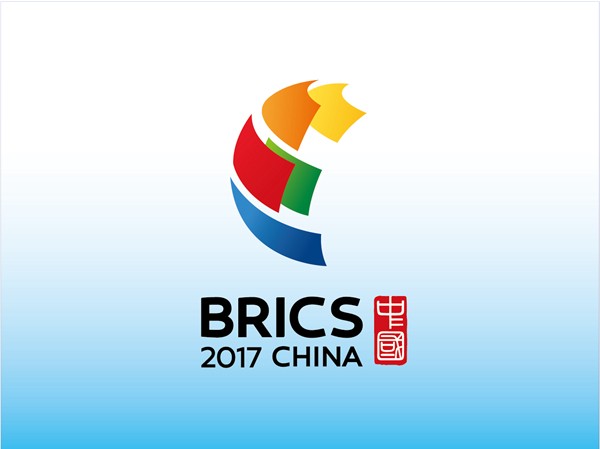 G20 AND BRICS 2017 XIAMEN SUMMIT
G20 AND BRICS 2017 XIAMEN SUMMIT
Vuslat Nur ŞAHİN 21.09.2017 -
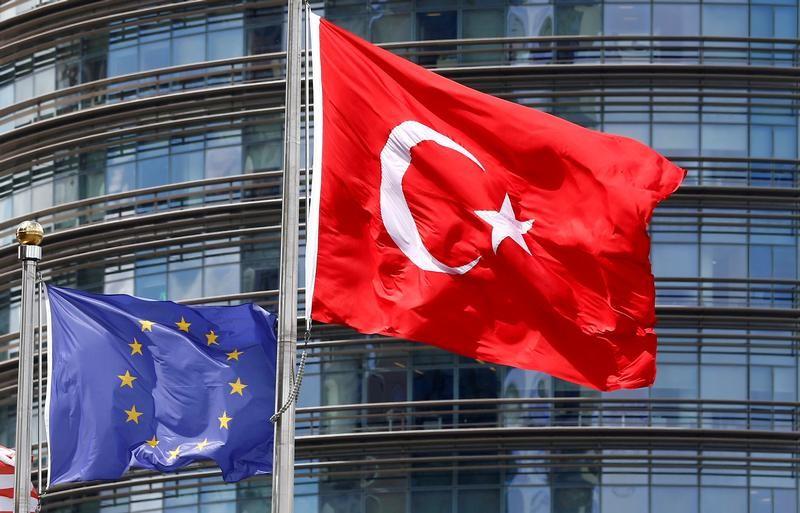 THE DECISION OF THE EUROPEAN PARLIAMENT ON TURKEY’S ACCESSION PROCESS: ADVICE FOR WHAT PURPOSE?
THE DECISION OF THE EUROPEAN PARLIAMENT ON TURKEY’S ACCESSION PROCESS: ADVICE FOR WHAT PURPOSE?
AVİM 13.07.2017 -
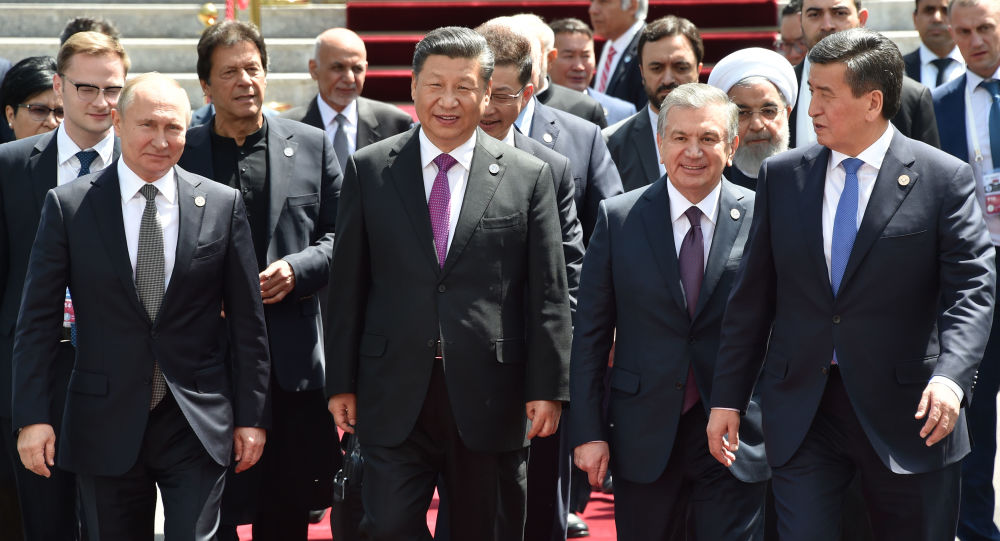 AN EVALUATION OF THE RECENT DEVELOPMENTS IN CENTRAL ASIA
AN EVALUATION OF THE RECENT DEVELOPMENTS IN CENTRAL ASIA
Vuslat Nur ŞAHİN 08.07.2019 -
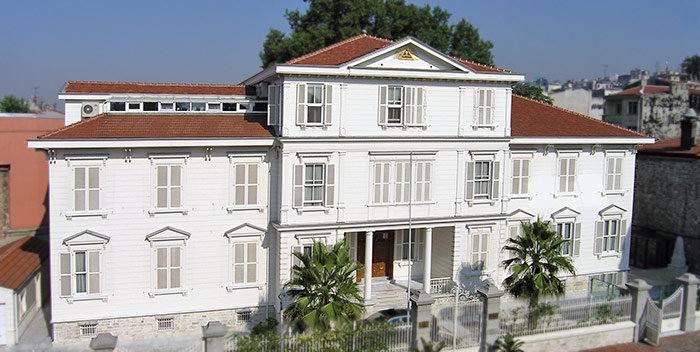 THE ELECTION OF THE ARMENIAN PATRIARCH OF ISTANBUL
THE ELECTION OF THE ARMENIAN PATRIARCH OF ISTANBUL
AVİM 22.12.2017
-
25.01.2016
THE ARMENIAN QUESTION - BASIC KNOWLEDGE AND DOCUMENTATION -
12.06.2024
THE TRUTH WILL OUT -
27.03.2023
RADİKAL ERMENİ UNSURLARCA GERÇEKLEŞTİRİLEN MEZALİMLER VE VANDALİZM -
17.03.2023
PATRIOTISM PERVERTED -
23.02.2023
MEN ARE LIKE THAT -
03.02.2023
BAKÜ-TİFLİS-CEYHAN BORU HATTININ YAŞANAN TARİHİ -
16.12.2022
INTERNATIONAL SCHOLARS ON THE EVENTS OF 1915 -
07.12.2022
FAKE PHOTOS AND THE ARMENIAN PROPAGANDA -
07.12.2022
ERMENİ PROPAGANDASI VE SAHTE RESİMLER -
01.01.2022
A Letter From Japan - Strategically Mum: The Silence of the Armenians -
01.01.2022
Japonya'dan Bir Mektup - Stratejik Suskunluk: Ermenilerin Sessizliği -
03.06.2020
Anastas Mikoyan: Confessions of an Armenian Bolshevik -
08.04.2020
Sovyet Sonrası Ukrayna’da Devlet, Toplum ve Siyaset - Değişen Dinamikler, Dönüşen Kimlikler -
12.06.2018
Ermeni Sorunuyla İlgili İngiliz Belgeleri (1912-1923) - British Documents on Armenian Question (1912-1923) -
02.12.2016
Turkish-Russian Academics: A Historical Study on the Caucasus -
01.07.2016
Gürcistan'daki Müslüman Topluluklar: Azınlık Hakları, Kimlik, Siyaset -
10.03.2016
Armenian Diaspora: Diaspora, State and the Imagination of the Republic of Armenia -
24.01.2016
ERMENİ SORUNU - TEMEL BİLGİ VE BELGELER (2. BASKI)
-
AVİM Conference Hall 24.01.2023
CONFERENCE TITLED “HUNGARY’S PERSPECTIVES ON THE TURKIC WORLD"

